Historic Corruption Case Filed Against Ex-PM Madhav Kumar Nepal and 92 Others in Nepal
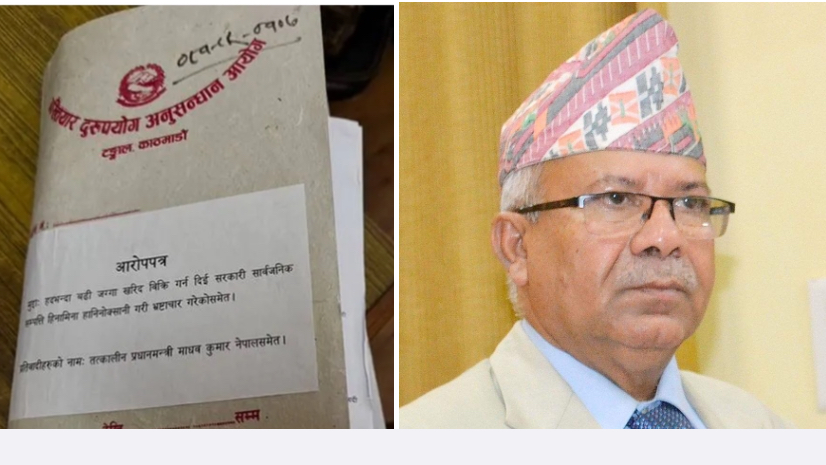
KATHMANDU, June 6, 2025 — In an unprecedented move, Nepal’s anti-corruption watchdog, the Commission for the Investigation of Abuse of Authority (CIAA), has filed a corruption case against 93 individuals, including former Prime Minister Madhav Kumar Nepal, marking the first time in the nation’s history that a former head of government has been implicated in such a scandal.
The case, filed at the Special Court on Thursday, revolves around massive illegal land transactions conducted under the guise of promoting herbal medicine and education. According to the CIAA’s 632-page charge sheet, the fraudulent dealings took place in ten districts across Nepal and involve hundreds of ropani and bigha of land, all tied to Patanjali Yogpeeth and Ayurveda Company Nepal.
Cabinet Shield Broken
Previously, former Prime Ministers and ministers often escaped corruption charges by citing collective cabinet decisions as “policy matters” — a legal loophole long criticized by experts. “This case finally challenges that shield,” said one constitutional lawyer. “It’s a landmark moment for accountability in Nepal.”
The Patanjali Connection
At the heart of the scandal is Patanjali Yogpeeth Nepal, officially registered in 2007. Of its five directors, four are Indian nationals: Swami Ramdev (patron), Acharya Balkrishna (chairperson), Mahant Rajendra Das, and Rajendra Singh. Only one, Shaligram Singh of Kathmandu, is a Nepali citizen and is the only director named as a defendant in the CIAA filing.
This selective prosecution has raised serious concerns. Despite being listed as top decision-makers in company documents, neither Ramdev nor Balkrishna have been charged. “If they are part of the leadership and the company committed fraud, why are they untouched?” a legal expert questioned.
Massive Land Grabs Across Nepal
The company is accused of illegally acquiring land far beyond the legal ceiling, using political influence and Cabinet-level permissions. Some of the key acquisitions include:
- Kavrepalanchok: 815 ropani
- Lamjung: 300 ropani
- Syangja: 250 ropani
- Kathmandu Valley: 150 ropani
- Dang: 75 bigha
- Bara & Parsa: 40 bigha
- Dhanusha: 25 bigha
- Chitwan: 15 bigha
Kavre is at the center of the investigation, particularly land transactions in Chalalganesh, Srikhadnpur, Sanga, and Mahendrajyoti.
Silence from Patanjali
Adding to public outrage, neither Patanjali Yogpeeth Nepal nor its Indian patrons have issued a statement of regret or pledged cooperation with the investigation. “At the very least, we expected an apology or an expression of support for the legal process,” a government official commented.
As the Special Court prepares to hear the case, all eyes are now on whether Nepal’s legal system can hold the powerful — both domestic and foreign — accountable for what could be one of the largest corruption scandals in its modern history.






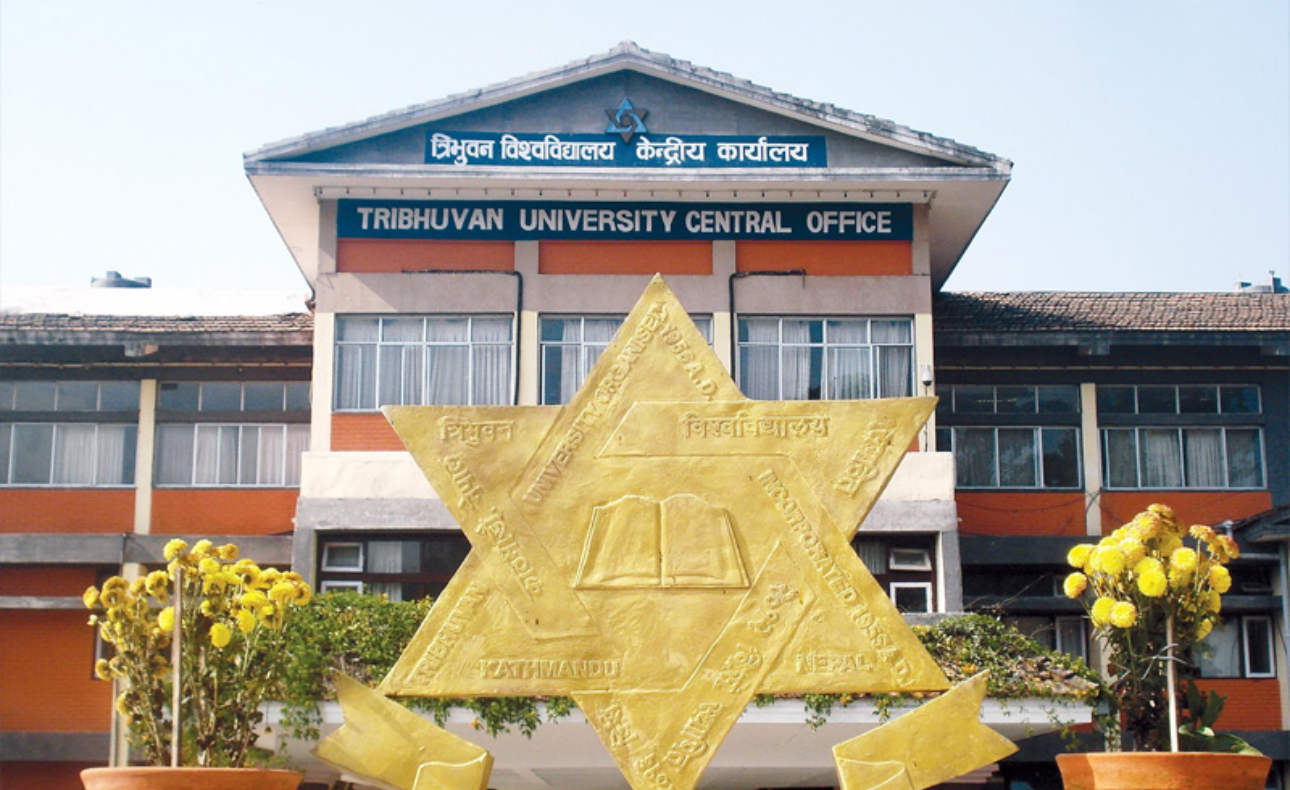



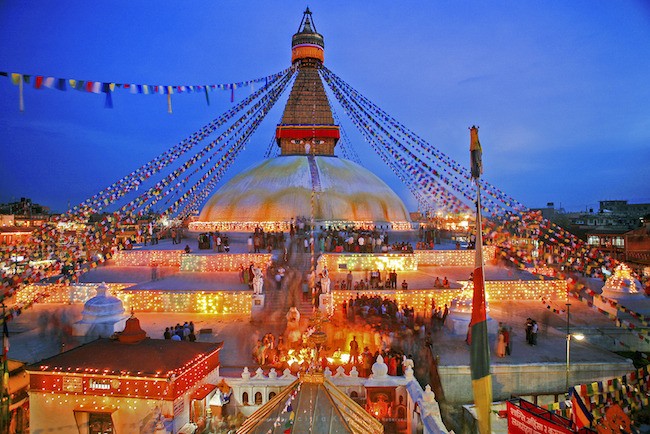
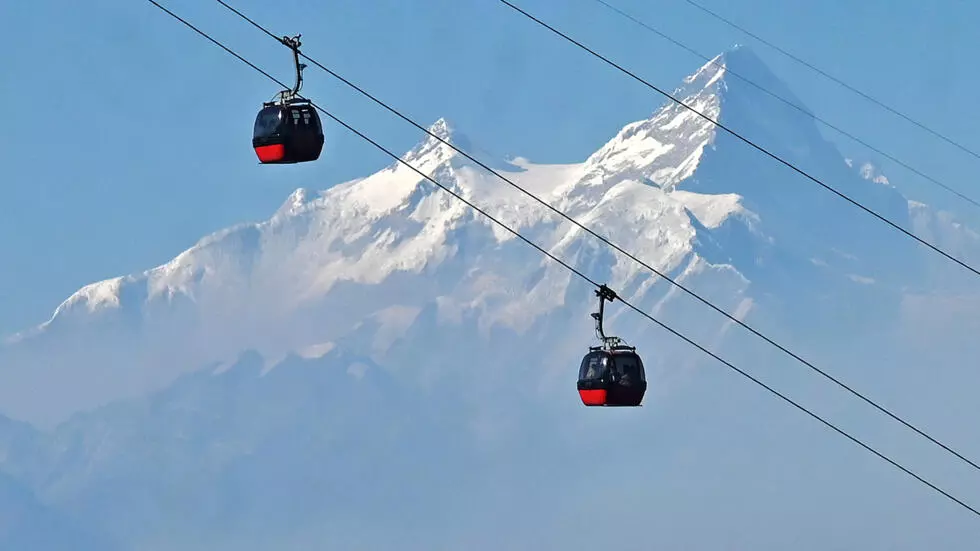
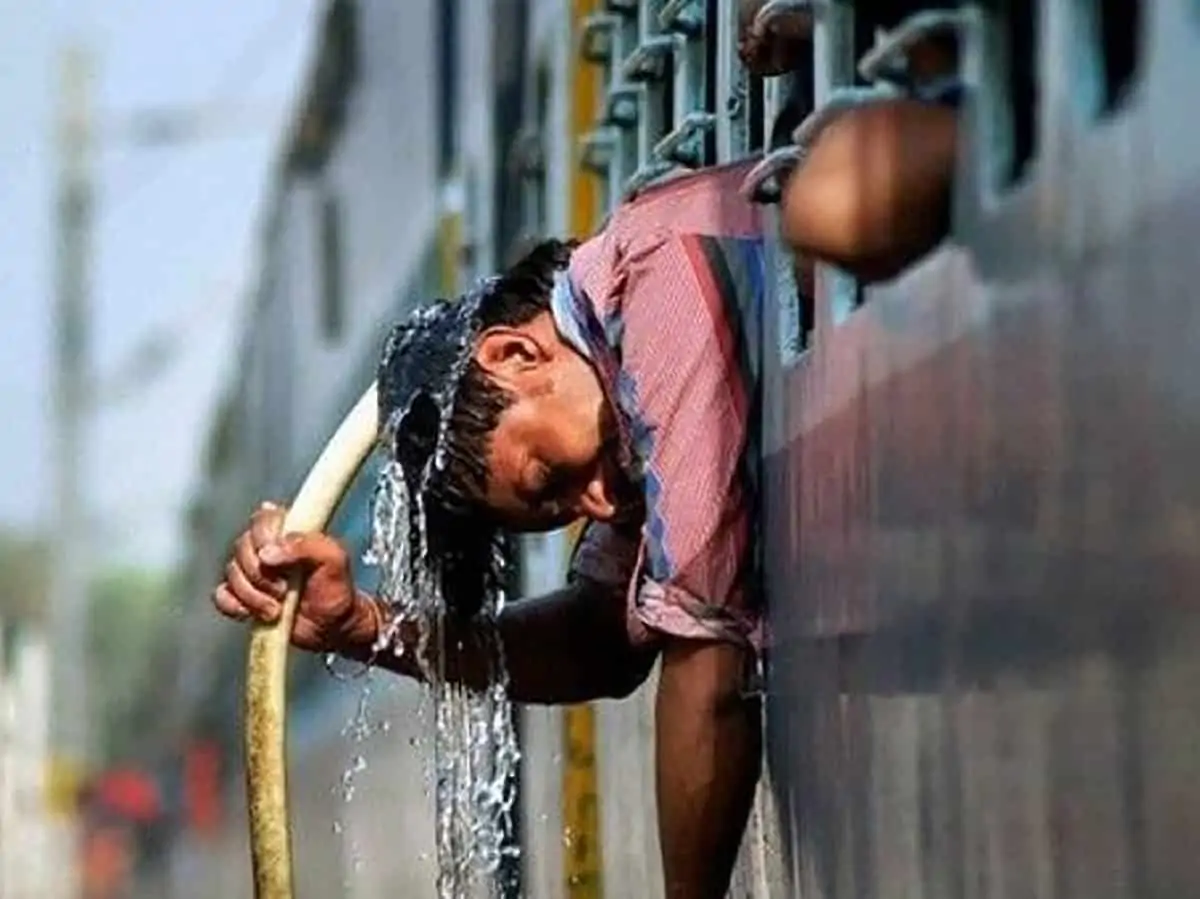





Facebook Comments